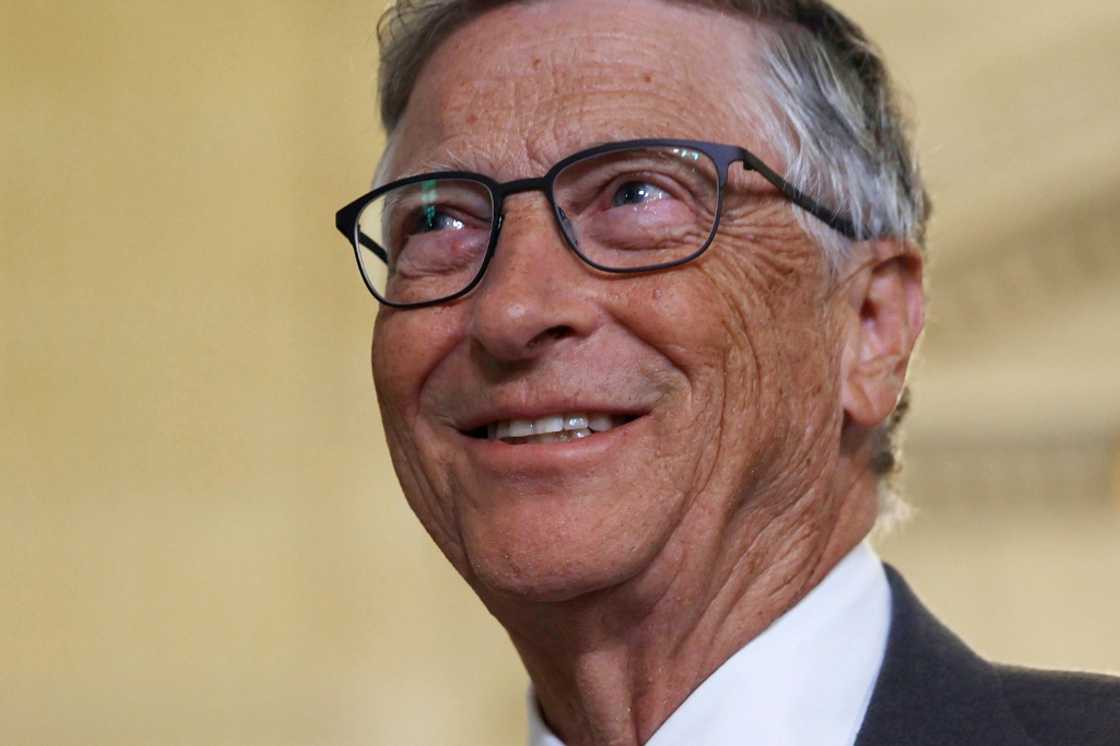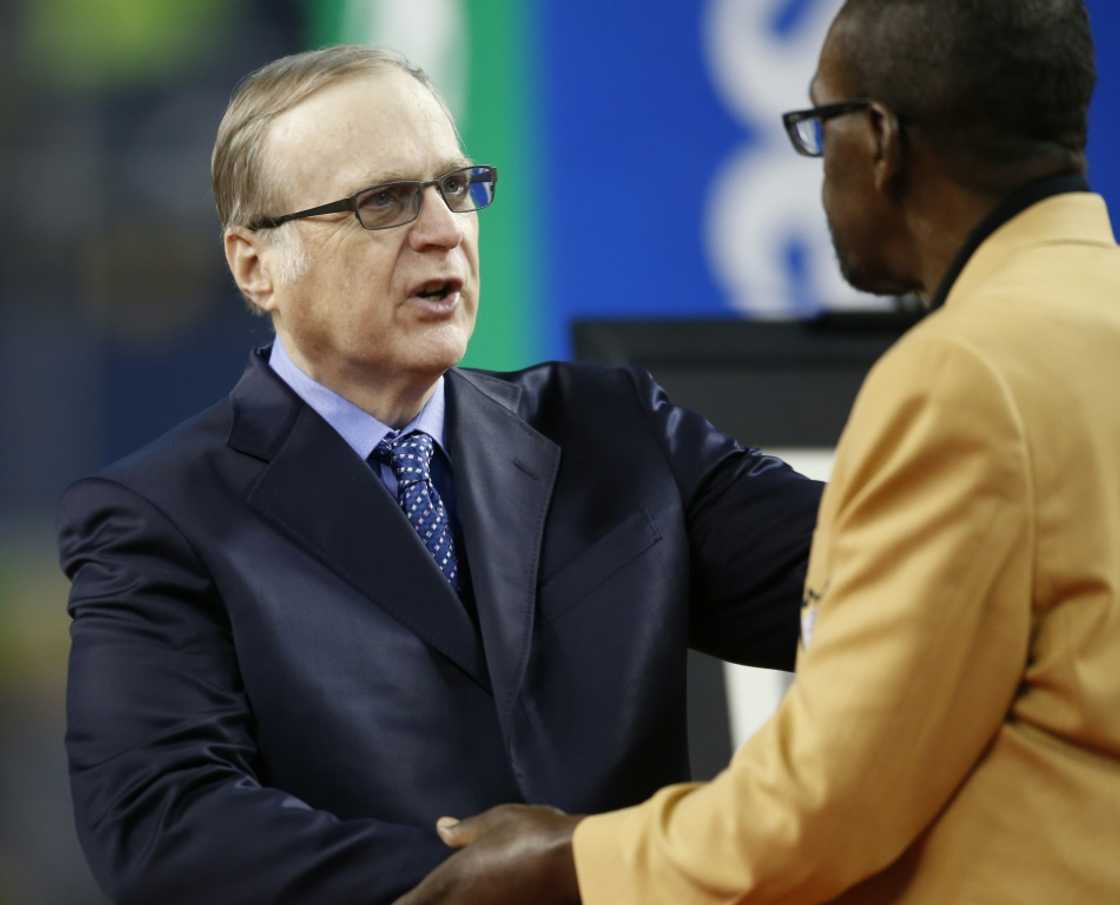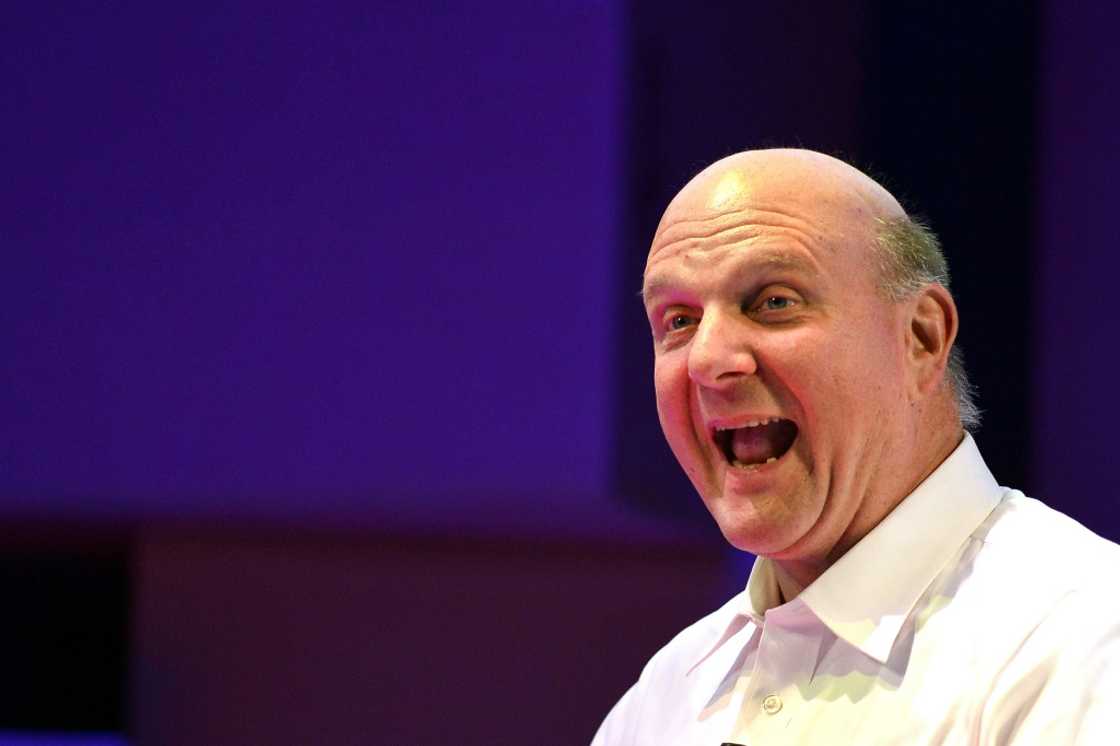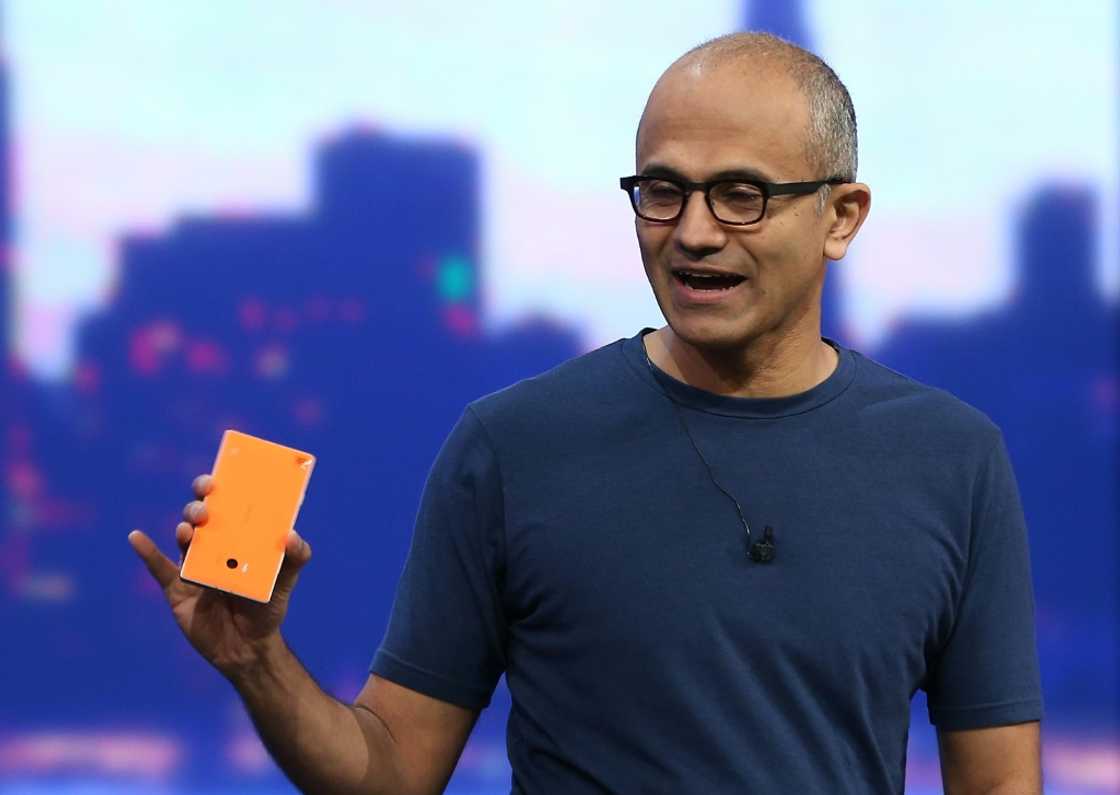
Over the past fifty years, Microsoft has been molded by Bill Gates, Paul Allen, Steve Ballmer, and Satya Nadella in the predominantly male tech industry.
Gates and Allen, who were childhood friends from Seattle, established Microsoft in 1975 with the aim of placing a computer in every workplace and household.
Gates
William Henry Gates III was born in 1955 in Seattle, where as a young student at the age of 13, he started developing software programs.
Gates left Harvard after his sophomore year to launch Microsoft alongside Allen.
The childhood companions developed the MS-DOS operating system, later rebranded as Windows, which subsequently became dominant in professional environments.
Gates earned a reputation as an intimidating and occasionally merciless leader.
Critics contend that he misused Microsoft's dominance in the marketplace, leading to a successful antitrust lawsuit brought by the U.S. government in the late '90s.
In the year 2000, Gates handed over the role of CEO to Ballmer, who he had become friends with during their time as students at Harvard.
Gates decided to dedicate himself to a charitable organization that he set up alongside his wife, Melinda.
In 2020, he stepped down from his position on Microsoft's board of directors -- soon after the company admitted to having previously known about an "intimate" connection involving one of its employees.
In the subsequent year, the pair went their separate ways. Melinda Gates blamed him due to his connection with discredited financier Jeffrey Epstein, who was convicted of sexually abusing underage girls.
His backing of COVID-19 vaccination initiatives and agricultural programs aimed at tackling climate change and empowering women led to Gates becoming a prime target for conspiracy theorists.
Groundless claims about Gates involve allegations that he has inserted tracking devices into vaccines.
Allen

Born in 1953 in Seattle, Paul Allen attended school with Gates.
When Allen was 10 years old, he initiated a science club at his house, and he would eventually form a connection with a younger Gates through their shared interest in computers.
Gates noted in his tribute to Allen, who passed away from cancer in 2018, "Microsoft wouldn’t have come into existence without Paul."
Gates told of Allen showing him a magazine featuring a computer running on a new chip, and warning that a tech revolution was happening without them.
Allen is recognized for merging "microcomputer" and "software" to create "Micro-Soft."
In 1983, he parted ways with Microsoft but continued as a board member until 2000. Later, he accused Gates and Ballmer of plotting to "cheat him out of his shares" during his fight against cancer.
Ballmer

Ballmer was viewed as an enthusiastic salesperson who boosted Microsoft's revenues but overlooked innovation.
Originally from Michigan and possessing a gift for mathematics, he completed his studies at Harvard University.
Ballmer became part of Microsoft in 1980 and served as the best man at the wedding of Bill and Melinda Gates in 1994.
In 2000, Ballmer, who was then 69 years old, took over from Gates as CEO.
His energetic hand movements, clumsy dancing, and vocal exertions pushed to the limit turned him into an icon of internet memes and legendary within the company.
During his tenure, Ballmer supervised the introduction of Xbox gaming consoles, Surface tablets, and Bing as an online search engine. Additionally, under his leadership, Microsoft acquired both Skype and Nokia's mobile phone unit.
Throughout his time at the helm, Microsoft appeared to be holding onto PCs while people’s preferences shifted rapidly towards mobile devices and cloud-based applications.
His unsuccessful products encompassed the Zune digital music players, Kin mobile phones, and a variant of Windows Vista.
Nadella

Nadella became the CEO in early 2014 and credits his youthful days in India, where he developed leadership abilities through playing cricket, for shaping his management style.
In August, Nadella will reach the age of 58. He joined the company in 1992 when he was still pursuing his studies at the University of Chicago.
In the early stages of his academic journey, his inclination towards constructing things steered him toward computer science, a field he couldn’t explore during his engineering degree at Mangalore University.
Nadella’s biography at Microsoft highlights his experience across various roles including research, business operations, servers, and online services divisions.
To unwind, he resorts to poetry, comparing it to intricate information condensed to convey profound concepts succinctly.
Nadella maintained that for Microsoft to thrive, it had to embrace a "mobile-first, cloud-first" approach.
Shortly after taking office as CEO, he initiated the largest restructuring in Microsoft's history.
He is recognized for steering Microsoft away from a diminishing packaged software industry toward the thriving realm of cloud services.
Microsoft has been pouring billions of dollars into artificial intelligence, investing in OpenAI, the creator of ChatGPT, and integrating this technology throughout its product lineup.
During his initial year as CEO, Nadalla faced significant backlash when he suggested during an onstage conversation that working women should rely on "karma" for obtaining salary increases.
Under Nadalla's leadership, Microsoft has acquired several companies including Mojang from Sweden, known for creating the widely popular game Minecraft; LinkedIn, a social networking site; and GitHub, an online community designed for software developers.
.png)